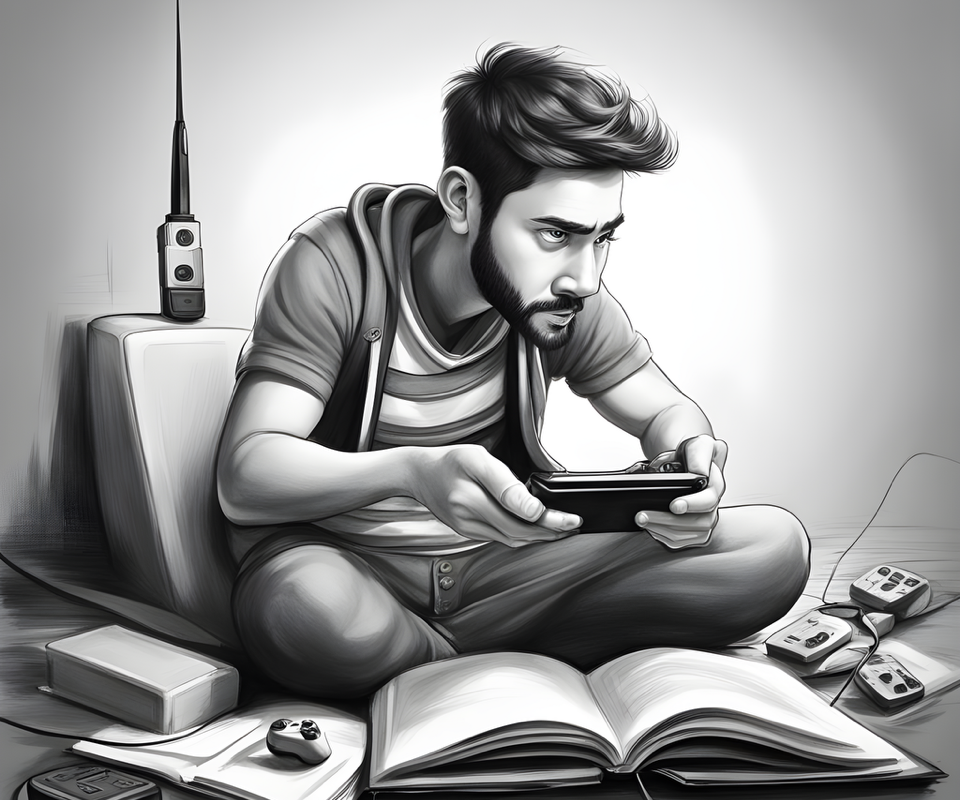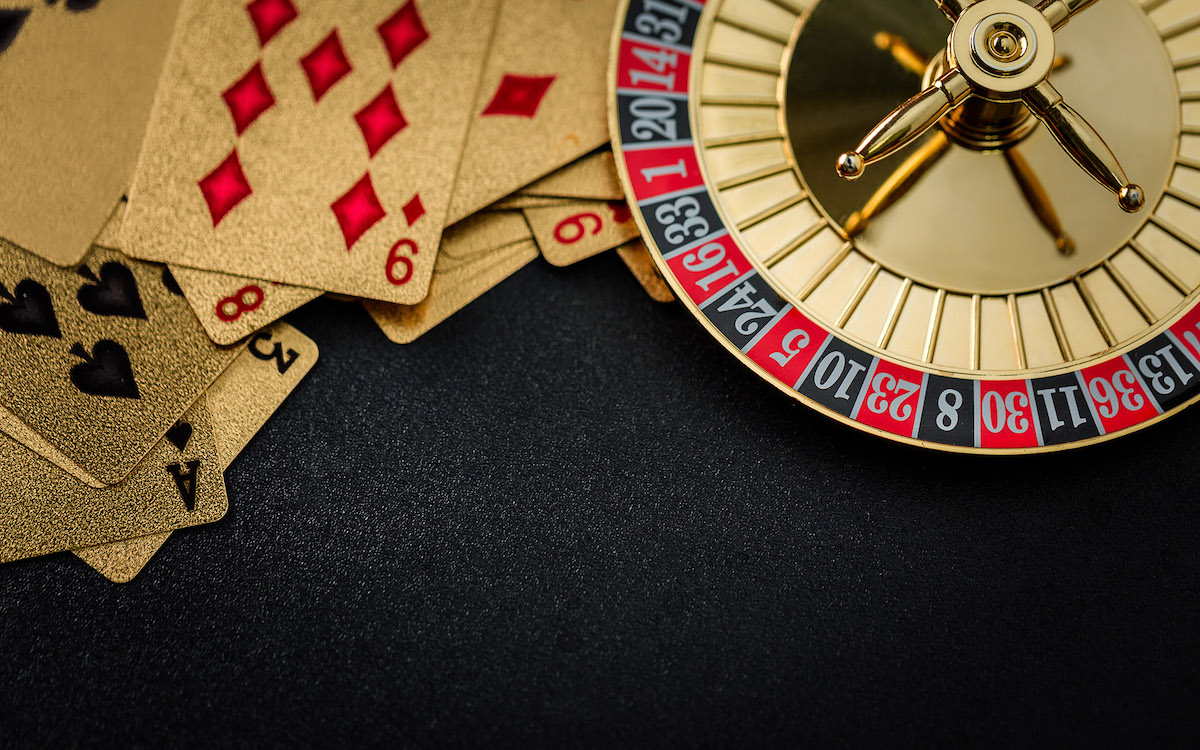The festive season begins with a focus on family, friends and Christmas food, but it also marks a challenging time for those prone to online, gaming and gambling addictions. The heightened emotions and expectations, the pressure associated with the period, combined with a balance sheet and a desire to achieve quick successes, create an uncertain situation for people with risky addictions.
Financial turmoil is often only the initial challenge. The vicious cycle of various addictions leads to greater losses, encouragement of lying, absenteeism, strained social and intimate relationships, borrowing money. The online space and games are a source of information, a resource for training and professional development, a means of stress relief and management, and should not become a burden and addiction that depends entirely on the will of those who use them. Addressing these problems in their early stages is critical to preventing them from becoming a repetitive pattern of unhealthy behavior sustained over weeks or months, marked by a loss of impulse control in various addictions.
What are possible ways to get addiction problems under control, especially during Christmas and the festive season?
Communication:
Discussing the issues driving people to extremes and different types of addiction with family, friends or psychologists and therapists can provide valuable support. The confidentiality that is provided when consulting with a therapist facilitates the process of dealing with the problem. The goal is to strike a balance, preserving utility and enjoyment, but not going in the direction of heavy deviations.
By careful control over finances:
This safeguard is crucial during the holidays, especially when extra cash flows like Christmas bonuses increase the risk of more reckless behavior.
Software that warns about excessive online presence or excessively long games:
Using the software available to reach unhealthy phases of behavior provides relief and peace of mind, especially when it comes to specific sites where more volatile users reside.
Self control:
Visiting the same sites and social networks wastes valuable time, leads to unrealized opportunities, and trying to recover monetary losses often leads to increasing debt. Interrupting the visit or fixing a reasonable time for residence or play ensures that enjoyment is preserved without harmful consequences.
Avoiding Isolation:
Accepting invitations to celebrations or events with family, friends or colleagues, as well as engaging with positive initiatives and individuals, can help limit the temptation of online, gaming and gambling addiction.
Planning alternative activities:
Replacing online activities with alternative plans on certain days such as family outings, sports, hobbies moves away from unhealthy patterns.
Vacation and vacation planning:
Vacations protect from the days of pre-holiday chaos of the season, provide a variety of entertainment options that ensure the impossibility of isolation stumbling into an online or gambling addiction.
By incorporating these small behavioral strategies, people can get through the holiday season with greater emotional resilience and healthy use of online activities, ensuring more enjoyable holiday behaviors for themselves and their loved ones. While the factors contributing to the increased interest in online content and games around the holidays are obvious, awareness of the potential risks remains crucial throughout the year. Not everyone will be affected in the same way, and some may not experience a change in their habits over this period, but this once again highlights the importance of individualized approaches to addressing addiction challenges.





